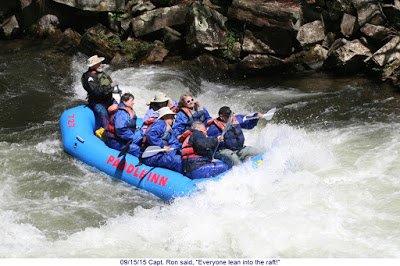Midpack
Give me a museum and I'll fill it. (Picasso) Give me a forum ...
This has been mentioned in passing in a few threads, thought it might warrant it's own discussion. It just factors in the desire to spend relatitively more on the front end while we're more active/able and accepting and planning on lower spending later when travel and other activities that will be too physically demanding. Not for everyone of course. Lots of ways to build this into a plan, here's just one example with numbers...
https://assetbuilder.com/knowledge-center/articles/-how-to-spend-more-now-less-later
https://assetbuilder.com/knowledge-center/articles/-how-to-spend-more-now-less-later
Allow me to introduce the Hedonic Tilt. That’s a formal title for what most of us want to do in retirement. We want to spend more now, while we can enjoy it. And we’ll cope with spending less later, when our ability to enjoy spending may have gone by.
It’s an entirely reasonable desire. The only problem is that if we get too enthusiastic about spending today, we might have a really big problem in the tomorrow we don’t want to think about.
Fortunately, there is a simple solution: take a constant amount from your retirement funds and adjust, slowly, to the slow loss of your higher purchasing power.

